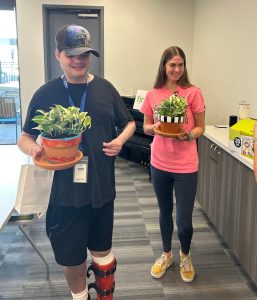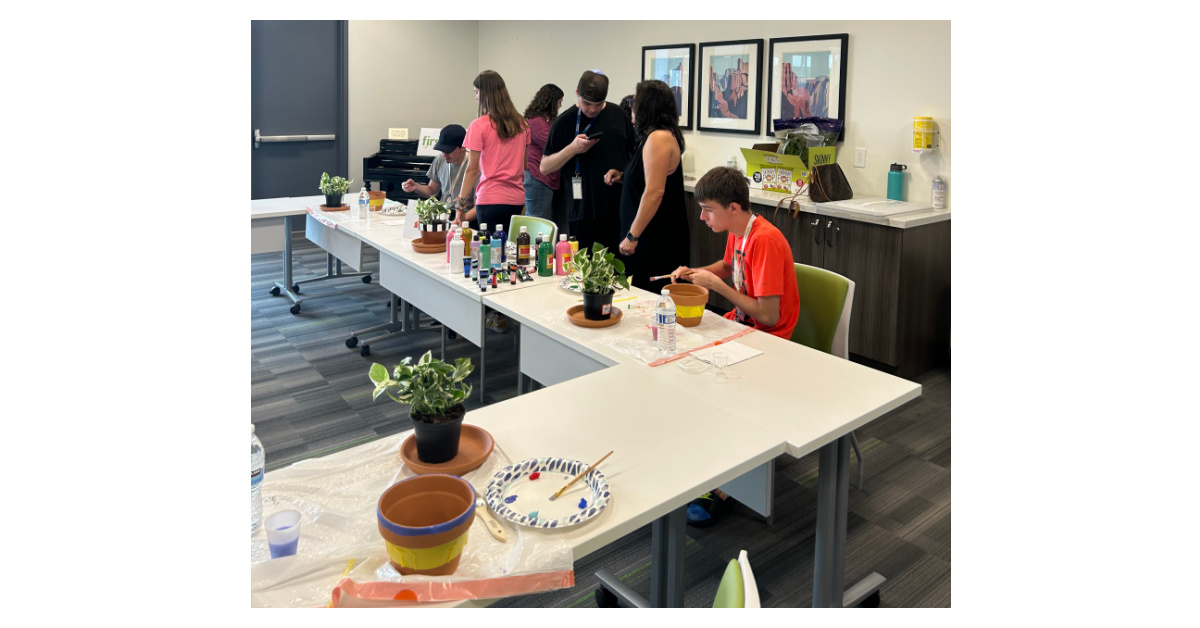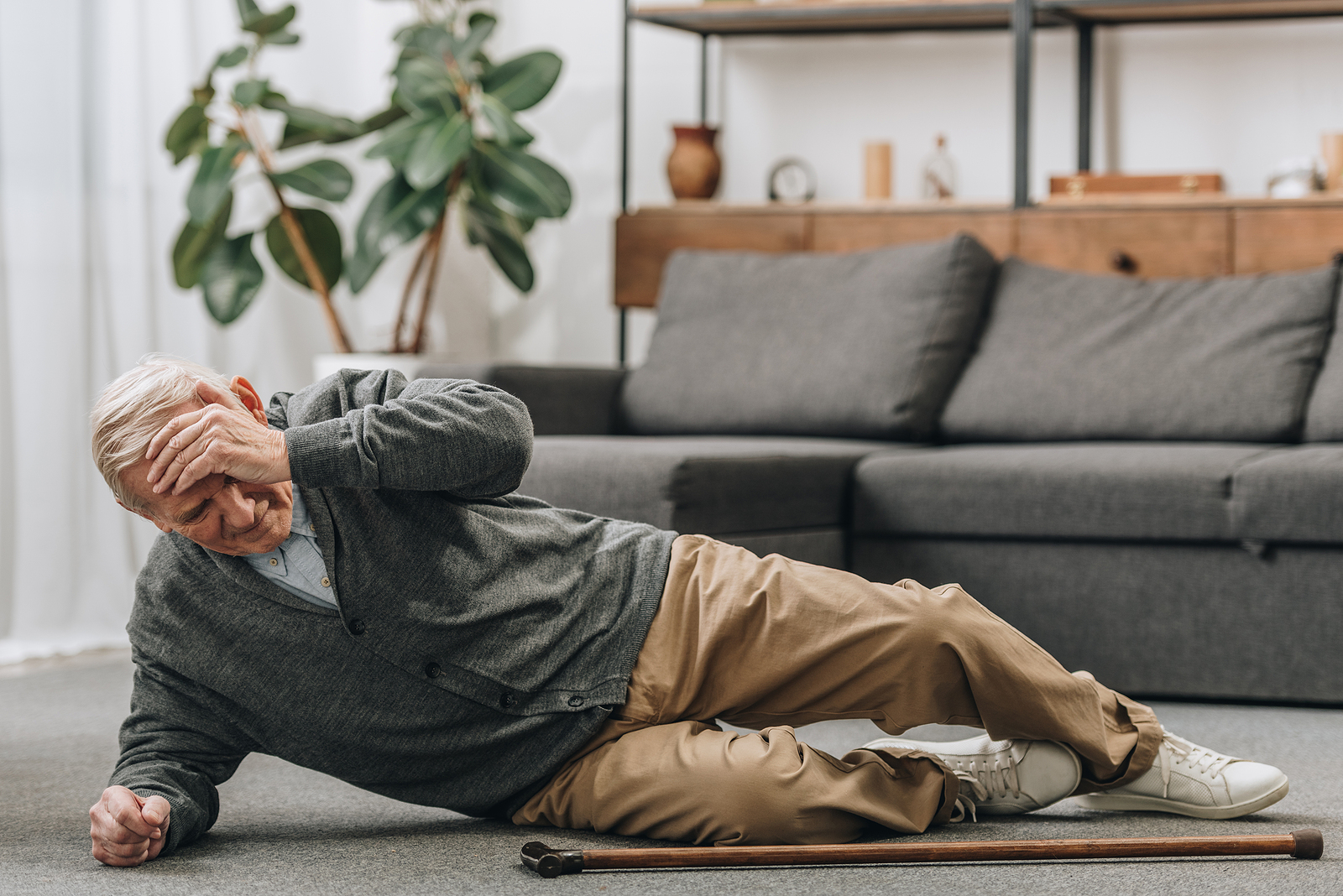Long-distance caregiving presents unique challenges for family members who want to provide support and care for their aging loved ones from afar. Distance can make it difficult to be physically present and to stay informed about their well-being and daily needs. However, with careful planning, effective communication, and the help of senior home care services, long-distance caregiving can be made more manageable and rewarding for everyone involved.
Establish Open and Frequent Communication
Maintaining open and frequent communication is essential for long-distance caregivers to stay connected with their aging loved ones. Regular video or phone calls or even emails can help bridge the physical distance and allow for meaningful conversations. These interactions provide an opportunity to check on their well-being, discuss any concerns, and offer emotional support.
Build a Support Network
Creating a support network is crucial for long-distance caregivers. Involve other family members, friends, neighbors, and community resources in the caregiving process. Home care providers are able to offer specific and accurate feedback to help family caregivers know what is going on. Regularly communicate with the local support system to stay updated on the aging adult’s condition and any changes in their needs.
Organize Important Documents and Information
Gather and organize important documents and information related to the senior’s medical history, medications, legal documents, insurance, and emergency contacts. Keep these records in a secure and easily accessible place. This ensures that essential information is readily available in case of emergencies or when communicating with healthcare professionals.
Utilize Technology and Remote Monitoring
Take advantage of technology to enhance long-distance caregiving. Remote monitoring devices, such as medical alert systems or smart home technology, can provide real-time updates on a senior’s activities and safety. The use of technology can be especially helpful when seniors are reluctant to accept help from caregivers.
Plan Visits Strategically
When possible, plan in-person visits strategically to spend quality time with aging adults. These visits offer an opportunity to assess their well-being, discuss care plans, and address any issues that may require attention. Coordinate visits with other family members to ensure regular support and to avoid overwhelming the person receiving care.
Explore Local Resources
Familiarize yourself with local resources and services available in your aging loved one’s community. Look into senior centers, meal delivery programs, transportation services, and support groups. These resources can provide additional assistance and social engagement for aging adults in addition to the help they receive from senior home care.
Be Flexible and Adaptable
Long-distance caregiving may require flexibility and adaptability. Seniors’ needs can change over time, and unexpected situations may arise. Long-distance family caregivers need to be prepared to adjust care plans and support as needed and be willing to seek additional help when it’s necessary.
Foster Open Dialogue
Encourage open dialogue with seniors about their preferences and wishes regarding their care. Respect their autonomy and involve them in decision-making as much as possible. Regularly check in with them to ensure that their needs are being met and to address any concerns they may have.
Practice Self-care
Long-distance caregiving can be emotionally demanding for family caregivers. Taking care of their own well-being is essential in order to keep the system working. Make time for self-care activities that help reduce stress and maintain overall health.
Long-distance caregiving presents its challenges, but with thoughtful planning, effective communication, and the use of available resources, like experienced senior home care services, it can be made better for everyone involved.
Reference
https://www.nia.nih.gov/health/caregiving/long-distance-caregiving
If you or an aging loved one is considering senior home care in Scottsdale, AZ, please call the caring staff at Golden Heart Senior Care of Scottsdale at (480) 284-7360. We are here to help!







